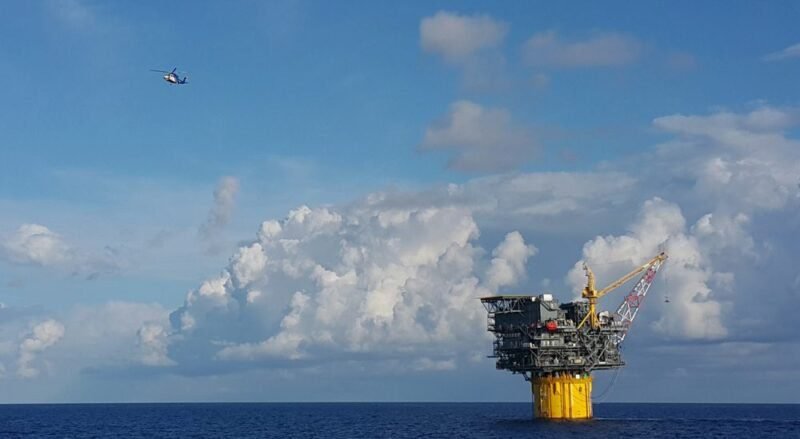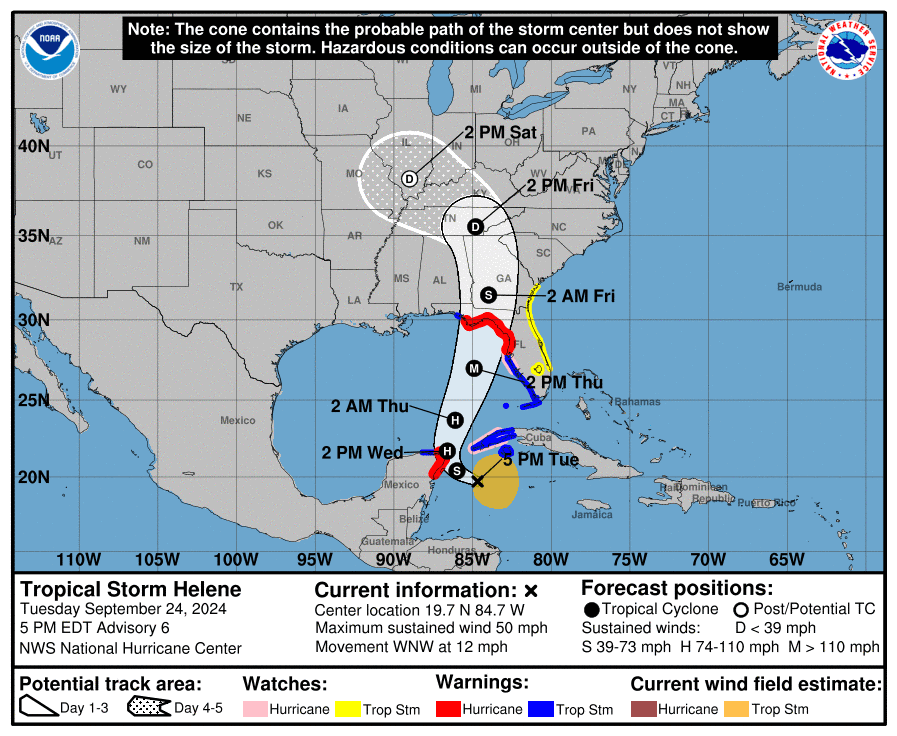A brewing dispute over oil production in the Gulf of Mexico is causing concern in Washington, as U.S. regulators face a deadline to revise guidelines for protecting endangered species that could impact up to 15% of the country’s total crude oil production. The conflict arises from a court ruling requiring the government to update its scientific assessment of oil and gas activities in the Gulf by December 20. Failure to meet this deadline could halt existing oil and gas production dependent on the assessment, with significant implications given the Gulf’s status as one of the world’s top oil producers.
The dispute centers around a biological report published in 2020 that evaluates the impact of drilling and other activities on protected species in the Gulf. Environmental groups challenged the report, leading to a court ruling favoring their position. The current assessment is set to be invalidated, potentially disrupting not only oil production but also renewable energy approvals in U.S. waters. Without a valid biological opinion, regulators would have to undertake individual reviews that could overwhelm authorities and have cascading effects on the energy industry.
Industry stakeholders, including the American Petroleum Institute and Chevron USA Inc., are actively seeking solutions to mitigate the potential disruptions. Legal strategies, lobbying efforts, and talks with Congress are underway to address the situation and possibly extend the deadline for revising the assessment. The industry remains hopeful for a resolution that safeguards economic interests and national security while navigating the challenges posed by the impending deadline and its regulatory implications.











